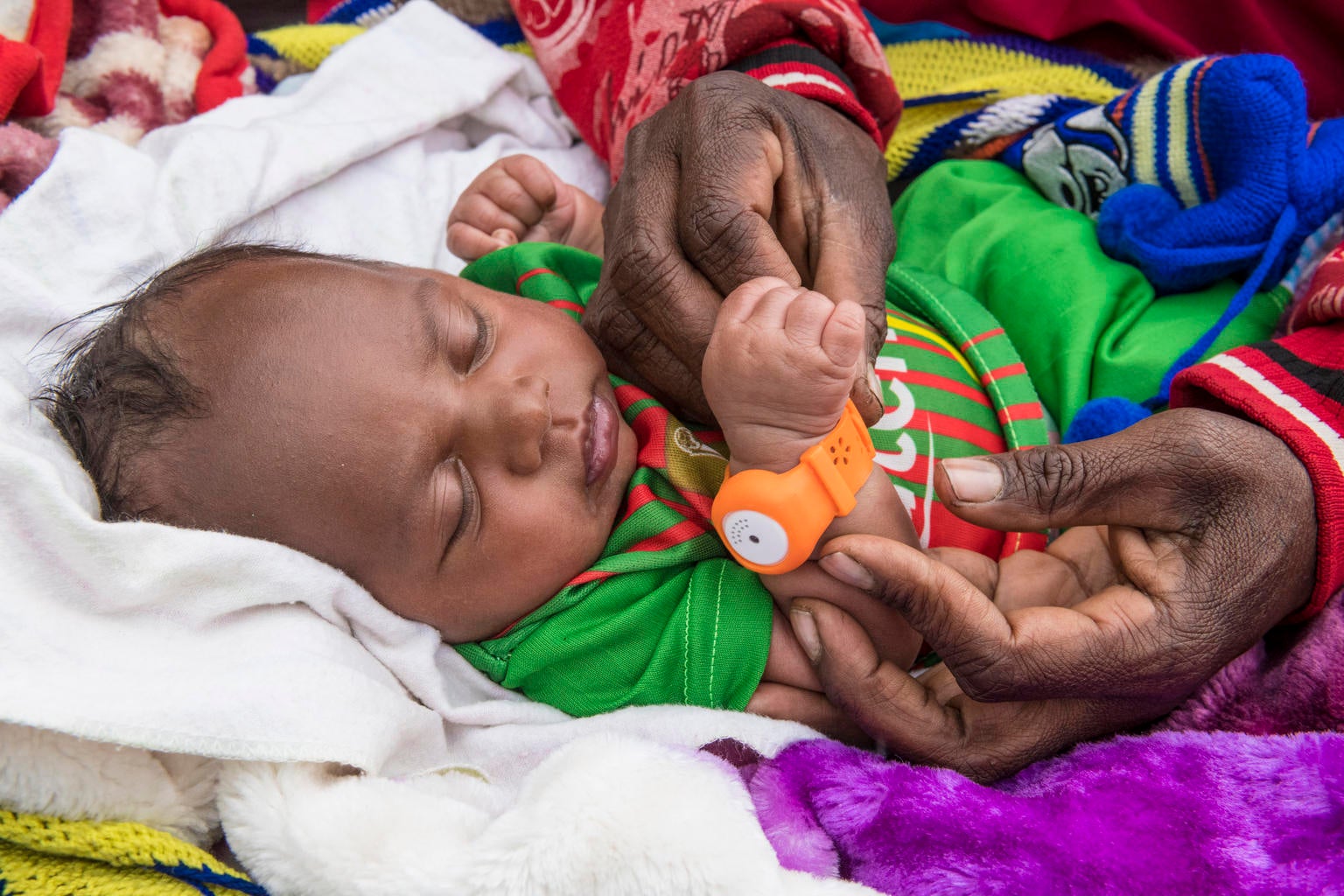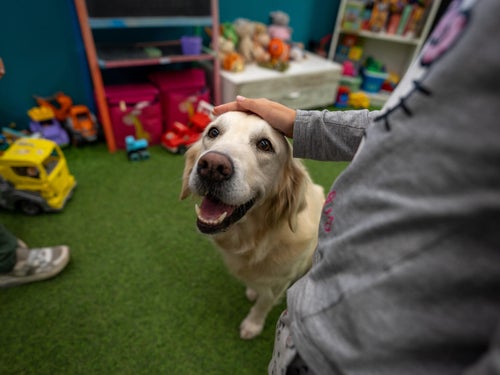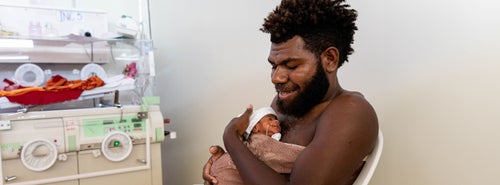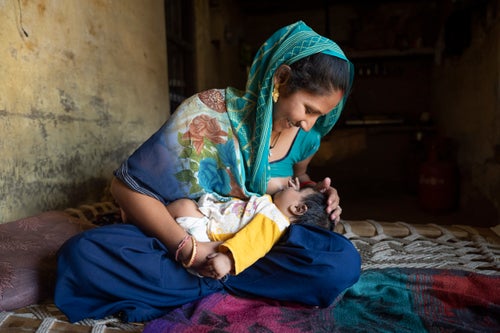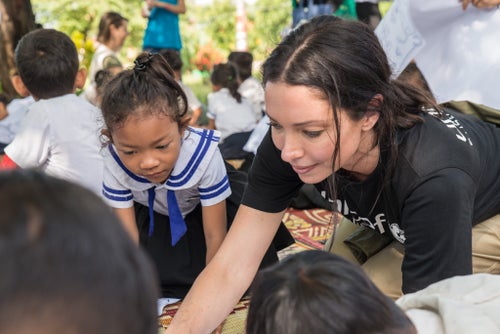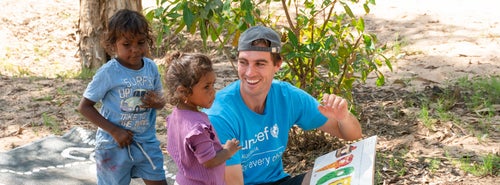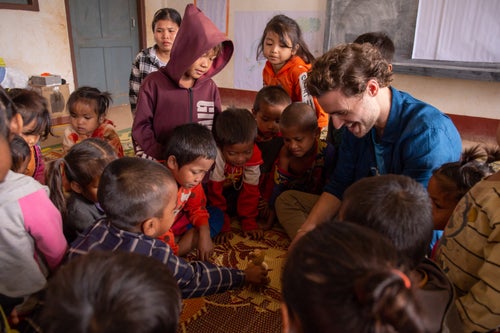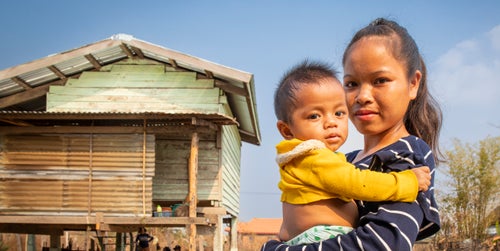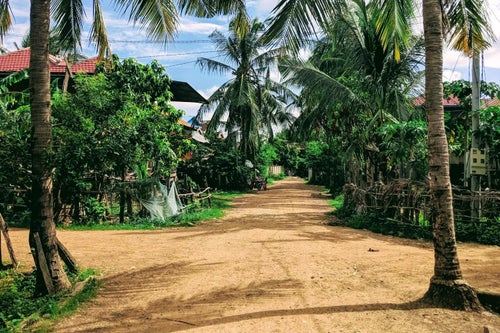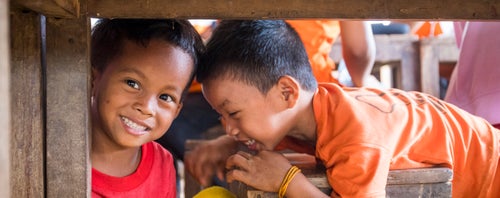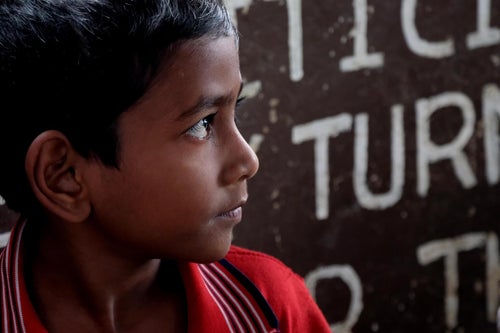What these newborns have wrapped around their tiny wrists is helping to put an end to preventable newborn deaths. It’s called the Bebi Kol Kilok, also known as a hypothermia alert bracelet.
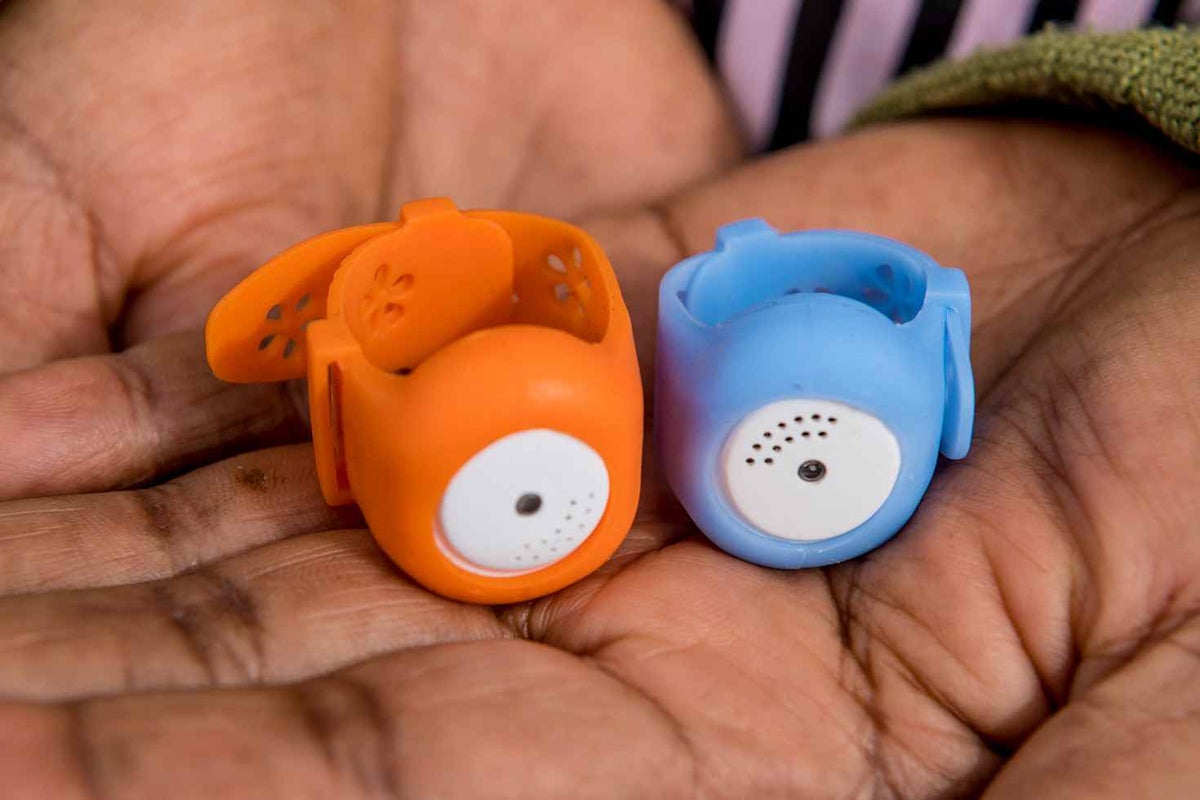
The medical device notifies parents when a baby’s body temperature is low, giving mothers, fathers and carers an opportunity to act quickly to warm them up.
It is simple to use and fits tiny babies weighing between 800 grams to 3.6 kilograms. If a baby’s temperature drops to an unsafe range, the bracelet plays a tune and flashes an orange light.
Because babies are small, they can very easily become cold or hypothermic. When they become cold, their body burns fat-stores to stay warm. Unfortunately, as a consequence of this the baby doesn’t gain weight, the sugar and oxygen levels in the body drop, the organs are at serious risk of damage and the baby can die.
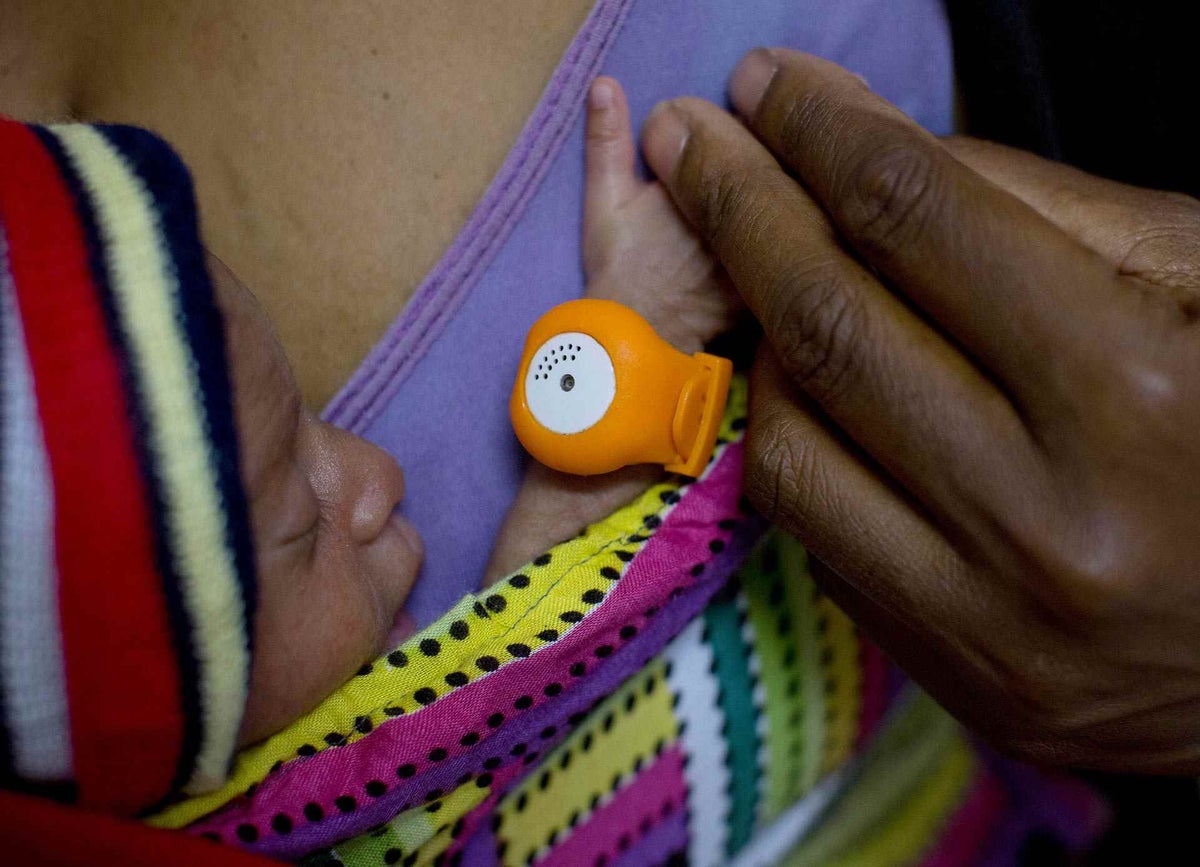
Newborns, particularly low birth weight babies, are prone to hypothermia but often it is difficult for parents or caregivers to know that the baby’s temperature has dropped.
Once detected, parents or carers can start skin to skin contact, or Kangaroo Mother Care —a parent’s or caregiver’s own body—to warm and nurture the child for optimal growth.
“My baby is a gift from God,” says Ikia Thomas, a father to twin babies.
His babies were born three months early at Port Moresby General Hospital. They were given the bebi kol kilok devices to manage their temperature. With no incubator to protect the tiny newborns from hypothermia, Ikia was taught a simple alternative: skin-to-skin contact and a blanket wrap.
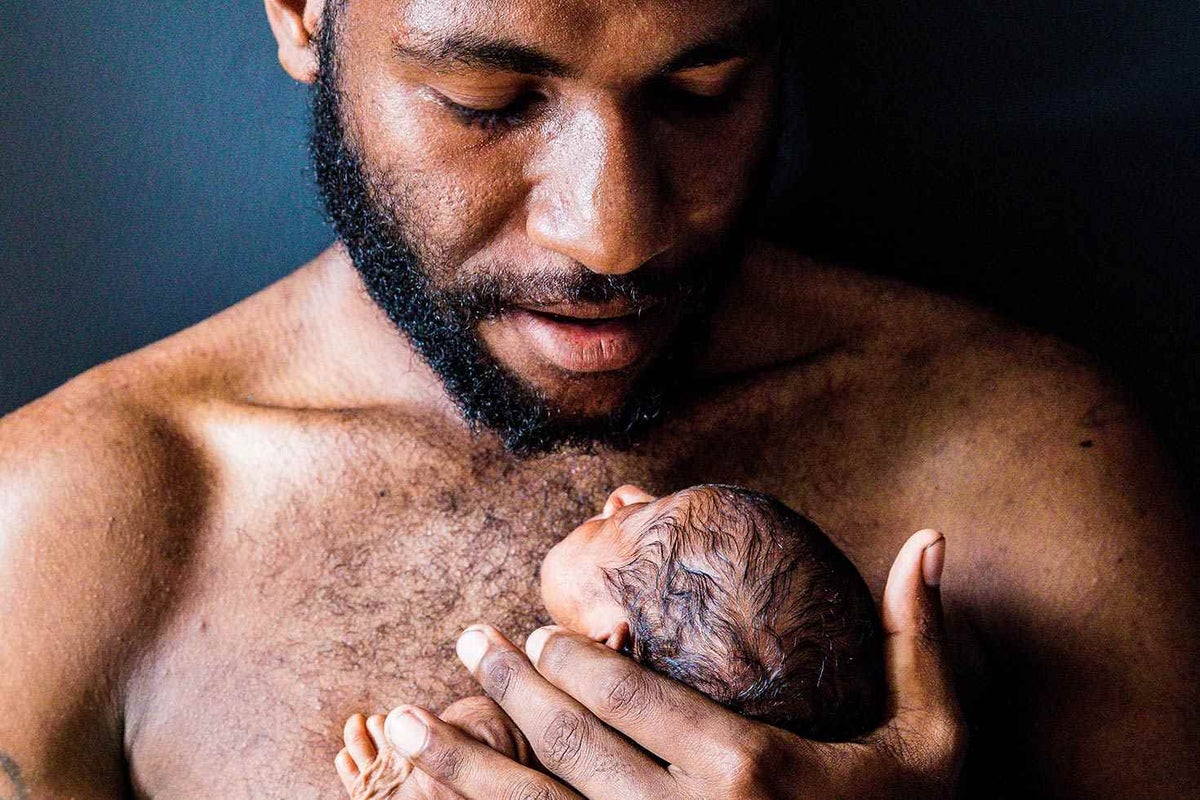
He was hesitant to hold his tiny babies at first, but now he can’t wait to get home from work to hold and nurture his newborns.
“I’m not worried about the future,” says the young father.
The Bebi Kol Kilok has transformed the lives of babies in PNG, where an estimated 6,000 newborns die each year from preventable causes.
But there are still so many more babies that need our help. With your support, we can reach thousands of babies to give them the best possible start to life.
The program is supported by generous Australian donors and the Australian Government through the PNGAusPartnership.
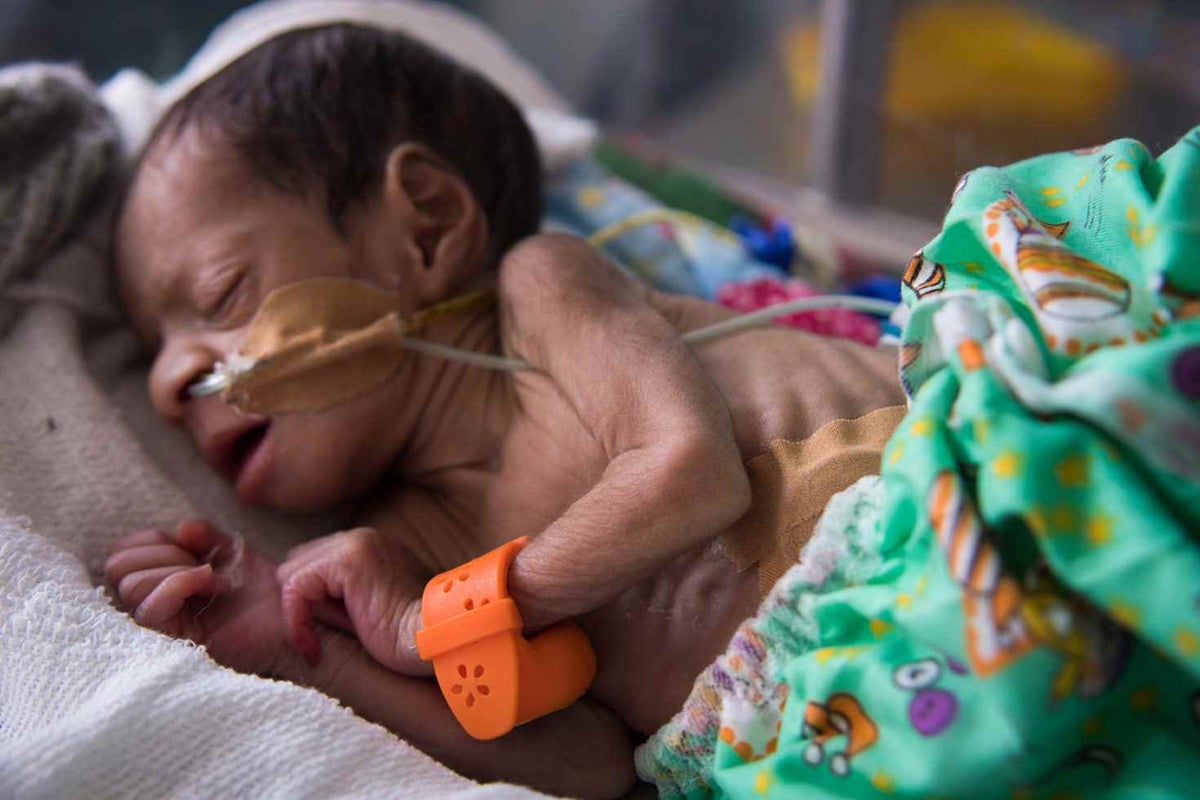
Related articles
Stay up-to-date on UNICEF's work in Australia and around the world



